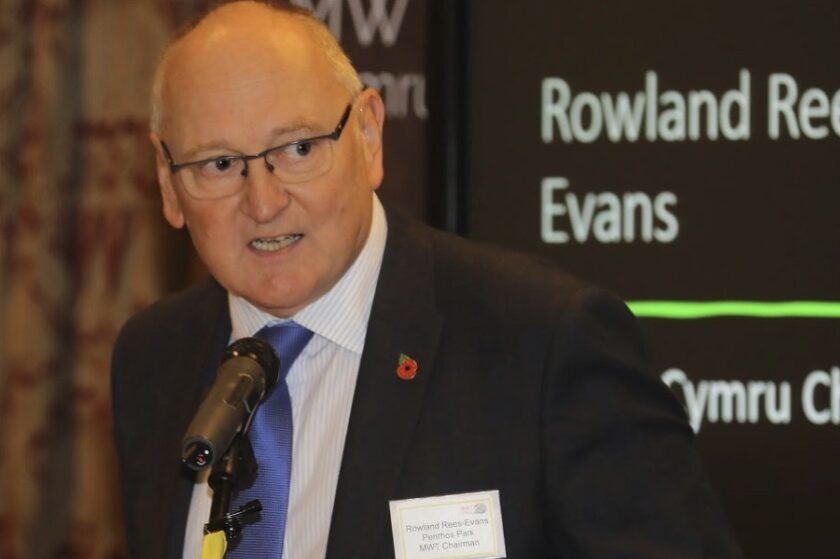Wales Tourism Alliance criticises visitor levy amid rising costs for businesses

The Wales Tourism Alliance has voiced strong opposition to the recently approved Visitor Levy Bill, warning the new charge will increase costs for holidaymakers and risk job losses across the Welsh tourism sector.
The Senedd passed the Bill on 8 July by 37 votes to 13, allowing local authorities to introduce a visitor levy from 2027 at the earliest.
The levy will charge £1.30 per person per night plus VAT for stays in hotels, bed and breakfasts, and self-catering accommodation.
Hostels and campsites will face a lower rate of 75p per person per night, with under-18s exempt from the charge.
Tourism businesses in Wales are already under significant pressure.
The industry continues to recover from the impact of the Covid-19 pandemic, while also coping with the 182-day rule, which restricts holiday lets to no more than half the year without special planning permission, and the ongoing cost of living crisis.
Since 2020, the living wage in Wales has increased by 40 per cent, and businesses are also managing a recent rise in National Insurance contributions.
Rowland Rees-Evans, Chair of the Wales Tourism Alliance, described the sector as “sitting on a cliff edge” and said he was “disappointed” the Welsh Government had approved the visitor levy.
“This Bill could add more than £35 a week to the accommodation costs for a family of four,” Rees-Evans said.
“Whilst headlines call this a Tourist Tax – it is not restricted to tourists. It will add £1.30 per person per night to your accommodation bill regardless of whether you already live in Wales or you are staying overnight for work.”
The Welsh Government’s own Economic Impact Assessment predicts the levy could lead to net job losses in the tourism industry.
Rees-Evans warned that much of the revenue raised could be absorbed by the costs of administering the scheme, potentially leaving little or no money for local authorities to reinvest.
“We are delighted therefore that many local authorities have said that they will not implement the visitor levy when it first becomes law,” he added.
Rees-Evans called for a registration scheme for tourist accommodation to be established first.
“Only when we have a proper understanding of the type of accommodation and nature of visitor stays will we truly be able to assess whether or not a tourist tax would be a good step for Wales,” he said.
Welsh Government leaders have defended the visitor levy as a way to ensure visitors contribute fairly to the cost of maintaining infrastructure and services.
Finance Secretary Mark Drakeford said the levy would support a “thriving, sustainable tourism industry” and marked the first local tax designed and made in Wales in over 500 years.
Drakeford pointed to international examples, saying countries from Iceland to New Zealand have successfully used visitor levies to raise funds without deterring tourists.
However, opposition politicians and some tourism bodies warn the levy will harm Wales’ fragile economy.
Conservative shadow finance secretary Sam Rowlands described the Bill as “bad for Wales and bad for the Welsh tourism sector,” warning it would cost jobs and damage the industry.
Plaid Cymru has expressed support for the Bill, suggesting it offers an opportunity to build a more sustainable tourism sector that benefits both communities and businesses.
Labour’s Jenny Rathbone criticised opposition to the levy, saying visitors should help pay for the costs they create, rather than poor residents.
The Bill also includes provisions to create a register of visitor accommodation providers, which lays the groundwork for further licensing regulations.
Spotted something? Got a story? Email: [email protected]
Latest News
